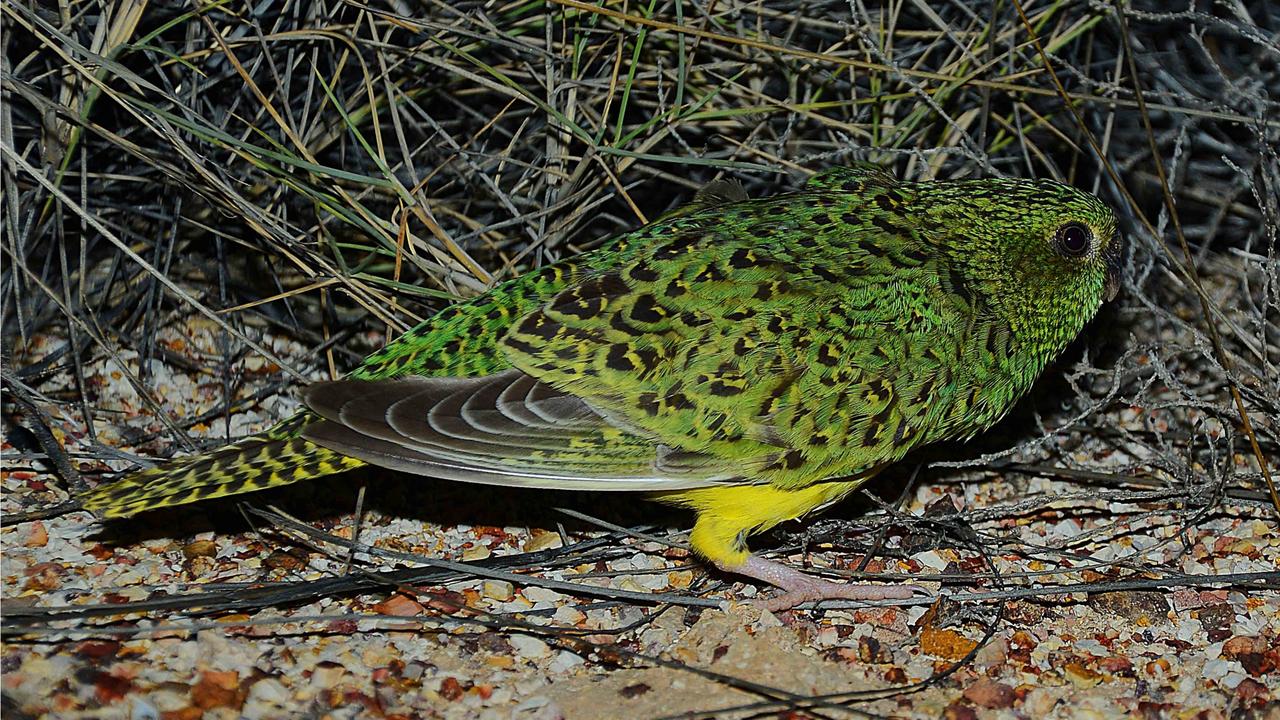Port spoil runoff 'threat' to Great Barrier Reef
DUMPING dredge spoil into the Great Barrier Reef Marine Park would be necessary, environment groups claimed yesterday.
DUMPING millions of tonnes of dredge spoil into the Great Barrier Reef Marine Park would be necessary because planned coal port expansions would overwhelm existing port-controlled disposal grounds, environment groups claimed yesterday.
They rejected government assurances that dumping in the Great Barrier Reef Marine Park would be a last resort, and said the Marine Park Authority was incapable of testing dredge material to assess the potential impact.
The federal government yesterday defended its plans to introduce a fee of between $5 and $15 a cubic metre, claiming dumping would be a disincentive for business and a "last resort".
The Greens said the Great Barrier Reef World Heritage area could be declared "in danger" if dumping went ahead as feared.
Greens environment spokeswoman Larissa Waters said Australians deserved to know whether the government had even informed World Heritage authorities of its pay-for-dumping plans.
A UNESCO delegation will visit Australia next week to review management plans for the Great Barrier Reef World Heritage area after grave fears last year about the expansion of Gladstone harbour to make way for the $70 billion LNG export industry.
"With more than 112 million cubic metres of dredging on the books for the reef, more than 65 Melbourne Cricket Grounds, Australia could soon join countries such as Yemen, the Congo and Afghanistan in having the UN declare our precious World Heritage icon 'in danger'," Senator Waters said.
"This is yet more damning evidence we need UNESCO to investigate what the Australian government is doing to the Great Barrier Reef, before we have the dubious honour of owning the world's largest marine rubbish dump."
Responding to a Greens question in parliament, Stephen Conroy, representing Environment Minister Tony Burke, said the government's preference was that the disposal of dredge material at sea was considered only when all other disposal alternatives had been exhausted.
"However, it is recognised that in some circumstances the disposal of dredge material is the only feasible option," Senator Conroy said. "It should be noted that dredge spoil has been disposed of in the marine park over many years in accordance with strict permit conditions.
"The proposal to introduce an EMC (environmental management charge) for dredge material will provide for additional measures to protect the Great Barrier Reef."
Patricia Julien, co-ordinator of the Mackay Conservation Group, said that historically, dredge spoil from ports had been put in the Great Barrier Reef World Heritage Area within port boundaries.
"It appears that the new dredge spoil amounts will be so vast as to overwhelm the capacity of the ports to handle that waste within their boundaries," she said.
MPA executive director Andre Skeat said all proposals to dump dredge spoils in the marine park would be subject to a rigorous environmental impact permit assessment process, but Ms Julien said water quality triggers for many of the pollutants likely to be within the dredge spoil simply had never been established so the authority would not even be able to test for them.


